Best advanced dryer?
halgreene
9 years ago
Related Stories

LIFEThe Moving-Day Survival Kit: Lifesaving Items and Niceties
Gather these must-haves in advance for a smooth move and more comfortable first days in your new home
Full Story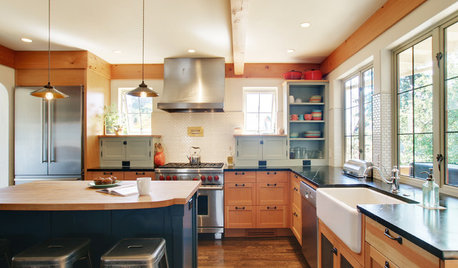
MOST POPULAR8 Questions to Ask Yourself Before Meeting With Your Designer
Thinking in advance about how you use your space will get your first design consultation off to its best start
Full Story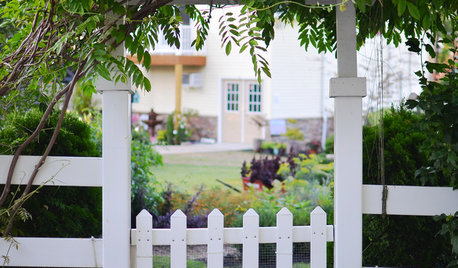
BUDGET DECORATING14 Ways to Make More Money at a Yard Sale — and Have Fun Too
Maximize profits and have a ball selling your old stuff, with these tips to help you plan, advertise and style your yard sale effectively
Full Story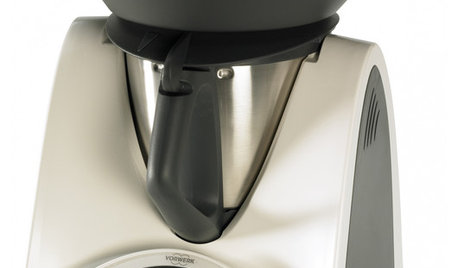
HOME TECH3 Kitchen Contraptions You Won’t Believe
Pizza hot from the printer, anyone? These cooking gadgets harness imagination and high tech — and have price tags to match
Full Story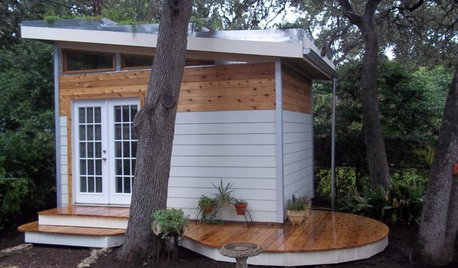
MOST POPULARHow to Add a Backyard Shed for Storage or Living
Need a home office, a playspace or extra room for your stuff? Learn about off-the-shelf, prefab and custom sheds
Full Story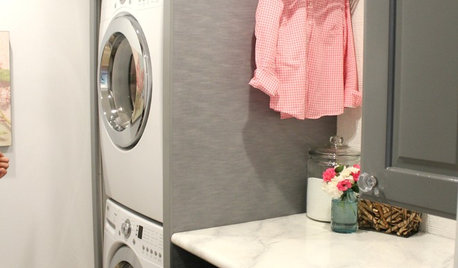
LAUNDRY ROOMSSee an Amazing $400 Laundry Room Remodel for a Family of 8
Budget shopping and DIY spirit create folding space, smart storage and better organization for a couple and their 6 kids
Full Story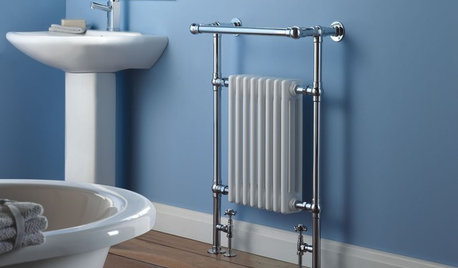
BATHROOM DESIGNLovely Little Luxuries: Pamper Yourself With Towel Warmers
Heat your robes, dry delicates and wet mittens — with these warmers around, toasty treats go beyond just towels
Full Story
HOUSEKEEPINGChoose Your Own Spring Cleaning Plan
Instead of trying to do it all, pick one of these six cleaning approaches that’s right for you now
Full Story
MOST POPULAR33 Magic Household Cleaning Tips
Houzzers from around the world share their tips for transforming housework into child’s play
Full Story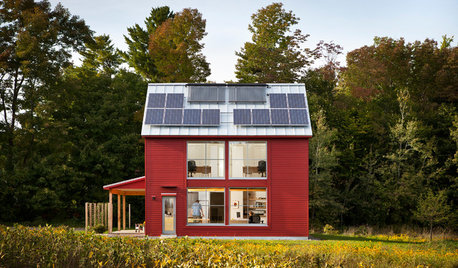
GREEN BUILDINGGoing Solar at Home: Solar Panel Basics
Save money on electricity and reduce your carbon footprint by installing photovoltaic panels. This guide will help you get started
Full StoryMore Discussions






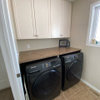
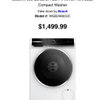
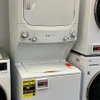
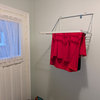
laundryvet
hvtech42
Related Professionals
Clarksburg Kitchen & Bathroom Designers · Hybla Valley Kitchen & Bathroom Designers · Knoxville Kitchen & Bathroom Designers · San Jacinto Kitchen & Bathroom Designers · Garden Grove Kitchen & Bathroom Remodelers · Port Angeles Kitchen & Bathroom Remodelers · Christiansburg Cabinets & Cabinetry · Indianapolis Custom Closet Designers · Albuquerque Flooring Contractors · Auburn Flooring Contractors · Eldersburg Flooring Contractors · Little Falls Flooring Contractors · Oshkosh Flooring Contractors · Wyoming Flooring Contractors · Atascocita Flooring Contractorsgeorgect
larsi_gw
hvtech42
suburbanmd
hvtech42
whirlpool_trainee
hvtech42
dadoes
suburbanmd
dadoes
laundryvet
hvtech42
GaryFx
dadoes
fordtech
whirlpool_trainee
tetrazzini
practigal